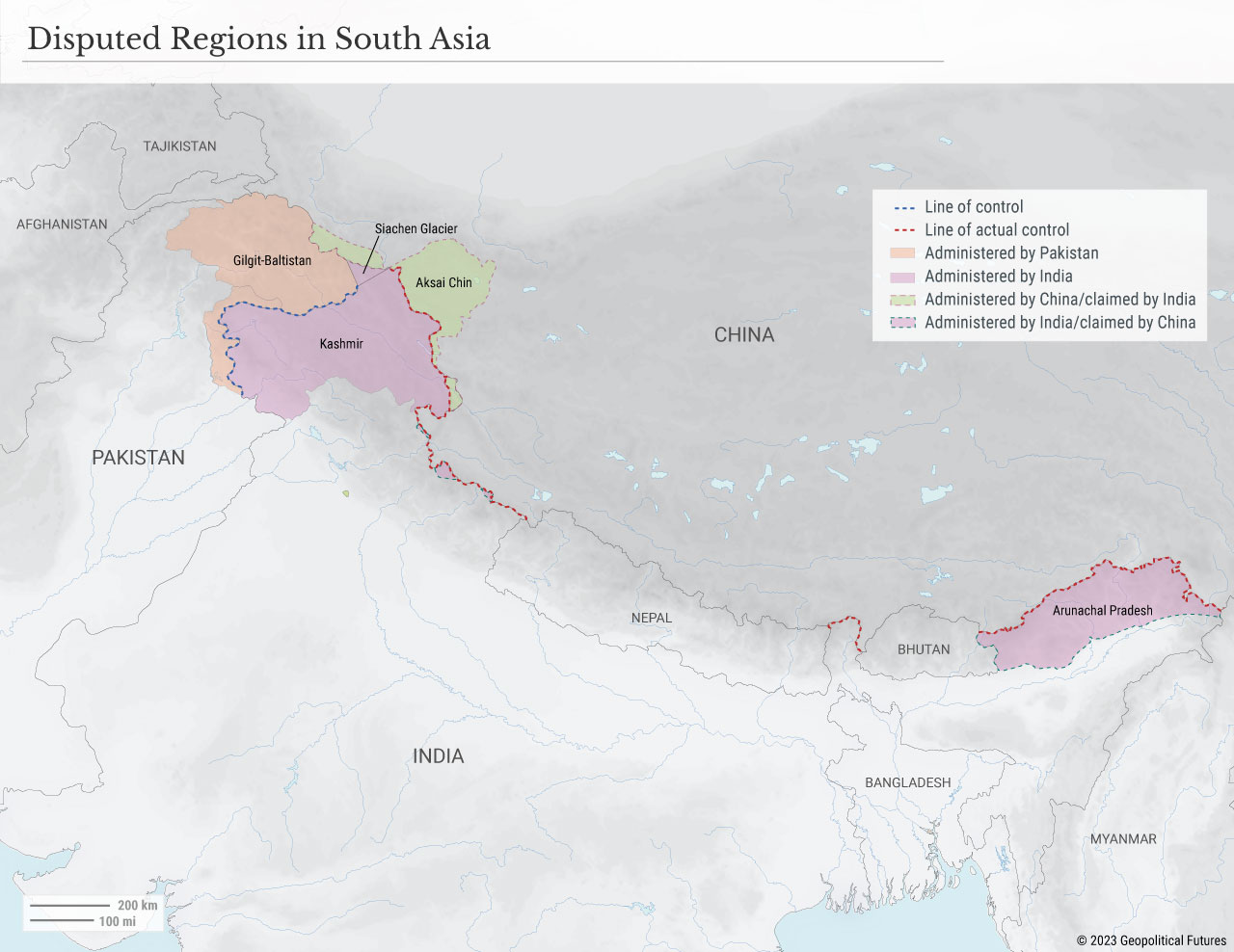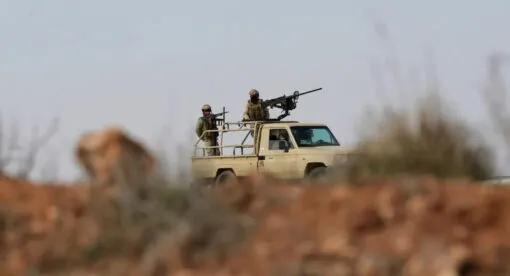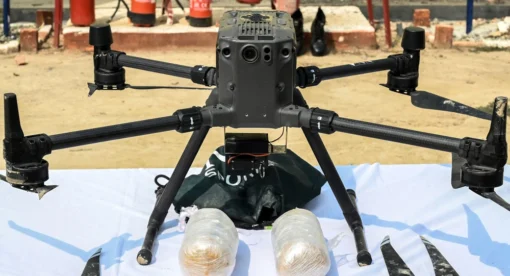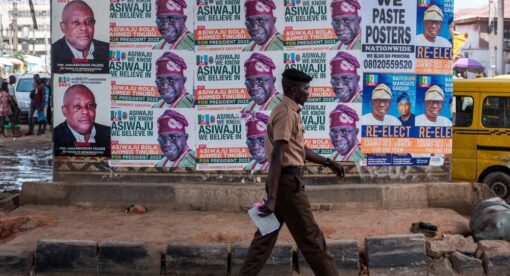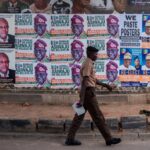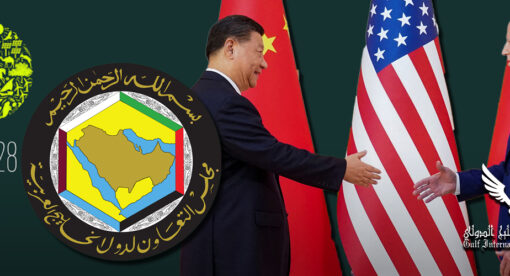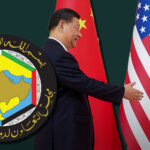The country is too big to fail, but no one is rushing to its aid.
Decades-old political economic problems in Pakistan are coming to a head. The South Asian nation needs billions of dollars in financial assistance to avoid a default at a time when its usual patrons are disinclined to bail it out. The International Monetary Fund is insisting on tough reforms that the fragile coalition government cannot institute without taking a major political hit in an election year. Even if Islamabad dodges this particular bullet, it will have to massively overhaul the way it has managed the world’s fifth-most populous country. If it cannot, then it will further push Pakistan toward a systemic breakdown, which has major consequences for security in the world’s most densely populated region.
Out of Options
An IMF team is visiting Pakistan from Jan. 31 to Feb. 9 to continue discussions on the release of $1.18 billion in assistance, part of a $6 billion aid program that was agreed on in 2019 (and increased to $7 billion in 2022) but that has since stalled. Pakistan’s foreign exchange reserves have slumped to about $3.68 billion, barely enough to cover three weeks of imports. Inflation was already at 25 percent when the government announced on Jan. 29 a 16 percent hike in gasoline and diesel prices that will likely rise much further. Three days earlier, the Pakistani rupee fell 9.6 percent against the dollar, the biggest one-day drop in over two decades, after the government removed unofficial caps and allowed the currency to move toward a market-based exchange rate.
Earlier in the month, the country’s civil and military leadership traveled to Saudi Arabia and the United Arab Emirates to secure the funds needed to avert a financial meltdown. Reports surfaced that Riyadh and Abu Dhabi would provide several billion dollars. In sharp contrast with their past behavior, they aren’t willing to write a blank check; the Saudi finance minister said Jan. 18 that the kingdom was no longer providing “direct grants and deposits” to debtor nations without seeing reforms. The Saudis, the Emiratis and others who could provide the cash want to first see the Pakistanis accept an IMF program. Besides, the beleaguered South Asian nation’s financial needs far outstrip the global appetite to assist.
Read the rest in Geopolitical Futures.

